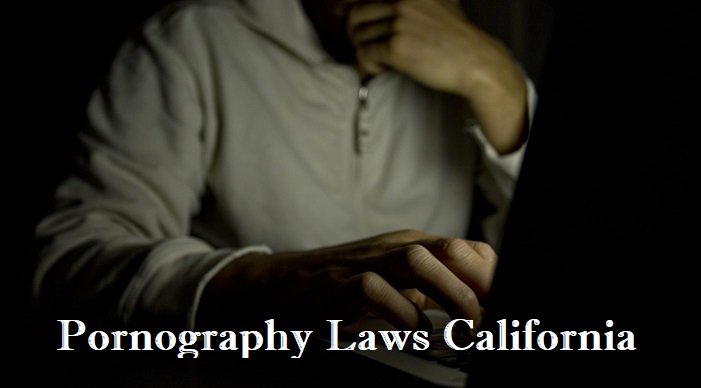
California’s pornography laws focus on protecting children and ensuring adults are accessing legal content. Let’s break it down into bite-sized pieces:
Child Pornography: A Line in the Sand
First things first: California, like the rest of the US, has zero tolerance for child pornography. This is both a federal and state crime. Distributing, possessing, or producing pornography involving anyone under 18 is a serious offense. We’re talking prison time, hefty fines, and mandatory sex offender registration. Don’t even think about it.
Keeping Kids Safe: Obscenity Laws Take Charge
California’s pornography laws also have built-in safeguards for minors. Obscenity laws define what qualifies as inappropriate content and restrict its distribution or exhibition to anyone under 18. Think age verification pop-ups and restricted access on websites.
Age Verification: Not Just for Alcohol Anymore
Speaking of age verification, this is a big deal for legal pornography businesses in California. California’s pornography laws require them to have strict age verification procedures. Imagine ID checks and ongoing verification measures – like showing a valid ID to access a website, similar to buying cigarettes.
Adult Material: Legal But with Limits
Now, for the world of adult pornography. While California doesn’t have a blanket ban, things can get a bit tricky here. California’s pornography laws use obscenity laws to potentially restrict adult pornography if it’s deemed to lack serious value, like artistic merit or educational content. It’s a subjective area, so distributors need to tread carefully.
Remember: Knowledge is Power
This is just a glimpse into California’s pornography laws. These laws can be complex, and staying informed is key. If you have specific questions or concerns, don’t hesitate to consult with a lawyer to get clear legal advice. After all, navigating the legal world is a lot smoother with a map in hand.




